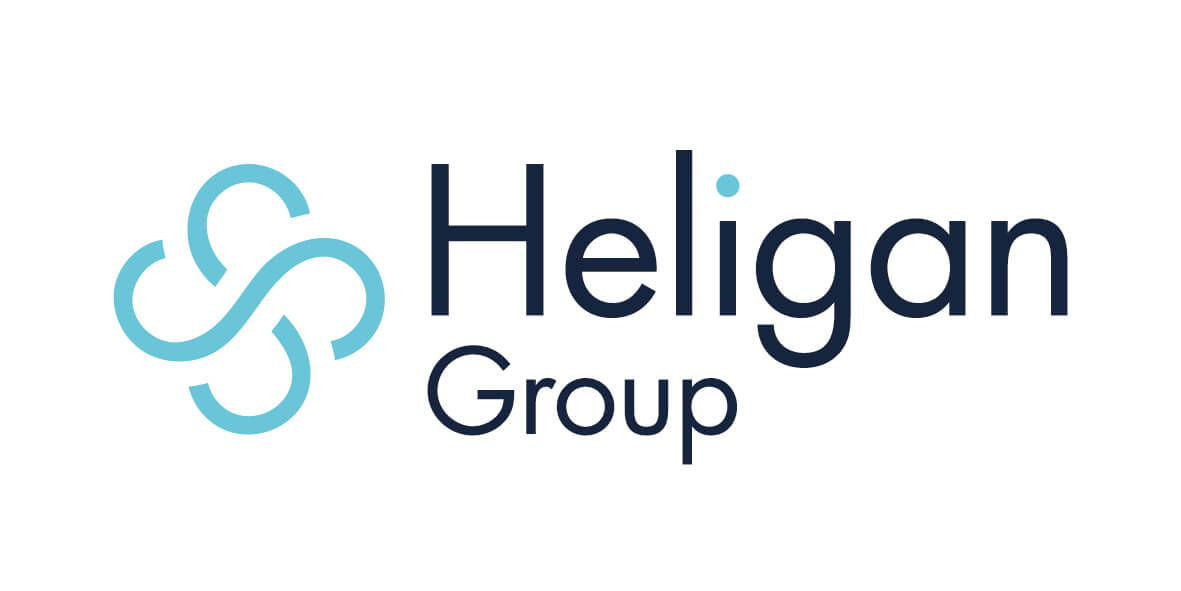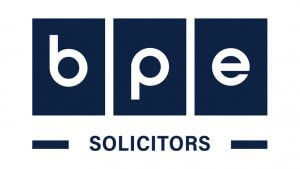Intellectual property (IP) Insurance

Do you know what your IP is?
Intellectual property (IP) is a broad term used to describe the legal rights arising out of intangible creations and assets, such as a product or process, a piece of software, a brand or even a customer database.
The IP risk to your business
The biggest IP exposure SMEs will often face is a claim of infringement by another company. Many businesses assume they’re immune to this risk because they hold some form of IP rights (i.e., a patent, copyright or trademark) or because they simply don’t understand what constitutes infringement.
Science & Technology & IP
Perhaps the industries most exposed to IP risk are those within the science & tech sectors. With the continuing development of new drugs, medical devices and processes, software, apps and AI, it’s vital that the new ideas and unique features are protected.

Why do you need specialist Intellectual property (IP) insurance?
Intellectual property is an intangible business asset that often helps set companies apart from their competitors. Unfortunately, few businesses know precisely what their IP is worth, or how to protect it.
Covering a wide range of areas from inventions and algorithms to products, manuscripts and design including a name, image, symbol or logo, intellectual property rights allow the original creator to apply for legal protection of their IP in the form of a patent, copyright or trademark.
A claim of IP infringement can have a devastating impact on a firm’s finances and reputation. Protecting your business with IP insurance can help fund legal action against an infringer or defend a patent’s validity. Simply having IP insurance in place can be a powerful deterrent to any potential infringer.
Whilst IP is perhaps seen as being more significant to emerging science and technology companies, it’s also very relevant to other industry sectors – particularly start-ups, including:
- Construction, including tools and machinery
- General manufacturing, including components for non-consumer products and machinery
- Professional services – architects and engineers, consultants
- Design
- Oil and gas, mining and metals and renewable energy
- Business operation software
- Design
- Automotive
Our eco-system




Usual types of cover
IP insurance provides cover for claims alleging infringement of IP rights, including patents, trademarks, copyright and trade secrets. It can also provide cover for contractual indemnities, the enforcement of IP rights and the costs associated with loss of IP rights or loss of profits. The insurance will only cover claims which the insured was not aware of at inception.
Typical IP insurance policies include:
This part of the policy will cover the costs of defending against allegations of infringement by a third party and can also cover the out of court settlements, or damages awarded by a court, as a result of the claim. Defence costs are often substantial due to the complexity of IP litigation and expertise required by lawyers. Aside from infringement allegations, the defence cover can also include claims of entitlement by employees and certain elements of contract breach arising out of IP. Directors and officers are also automatically included should a claim involve both the company and the director.
For many companies, their main exposure arises out of their obligations under contracts, typically with customers or licensees. For instance, a supplier’s customer may insist that the supplier warrants that the product does not infringe on IP rights, otherwise the customer will refuse to buy the product. Ideally, the supplier should negotiate to minimise this contractual risk, but the balance of power between the parties may not allow for such negotiation, and in some sectors it is more or less standard to provide non-infringement indemnities. IP insurance will cover the insured if a claim is made against them, but also if a claim is made against their customer, or further down the line of contracts if it is a complex supply chain. This section can insure a single contract exposure or a number of contracts and exposures. It is particularly relevant for companies operating in traditional supply chains (e.g. automotive).
This section covers the enforcement of intellectual property that is owned by or licensed to the insured, as long as the claim has reasonable prospects of success and is commercially justified. This includes the legal costs of negotiating with the alleged infringer or taking court action, as well as the costs of defending a counterclaim if the infringer claims that the right should not be valid. If an infringer alleges that the insured is actually infringing on their rights, then this type of linked claim may also be covered by the insurance.
If the insured’s registered right is invalidated as a result of a covered infringement claim, then the policy can cover the costs that the insured incurred in registering and maintaining the right up until the point that it was invalidated.
While defence cover will typically cover historical damages or settlements arising out of a covered claim, this clause provides cover for the loss that may be incurred after final disposition, for example, if the company is prevented from selling a product due to the infringement.

Meet the team

Hanna Beaumont
Science & Technology National Practice Lead

Paul Monaco
Client Director



